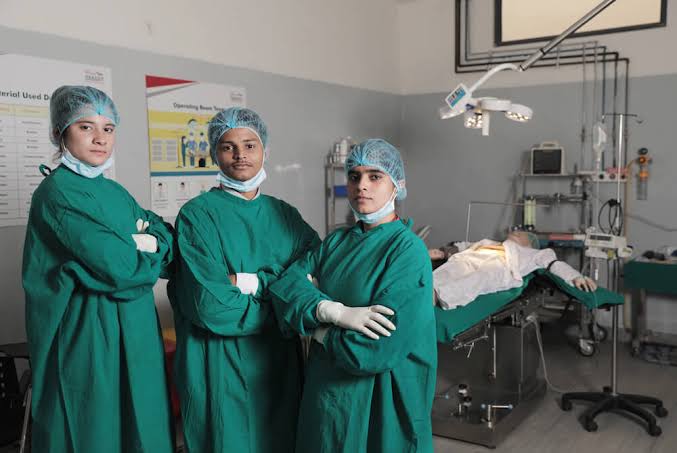
In recent years, the healthcare industry has seen remarkable advancements and changes, significantly transforming the roles of various medical professionals. Among these, Critical Care Technologists (CCTs) have emerged as essential players in ensuring high-quality patient care, especially in intensive care units (ICUs) and emergency settings.
Who Are Critical Care Technologists?
Critical Care Technologists are healthcare professionals specialized in monitoring and managing critically ill patients. They work alongside doctors and nurses in ICUs, emergency departments, and other high-stakes environments where patients require constant and advanced care.
Key Responsibilities of Critical Care Technologists
The Growing Importance of Critical Care Technologists
The healthcare landscape is constantly evolving, with new diseases and medical challenges emerging. This evolution has increased the demand for specialized and skilled professionals who can handle complex medical situations. Critical Care Technologists, with their specialized training and expertise, are becoming increasingly indispensable.
Advanced Training and Education
To meet the growing demands, aspiring CCTs need comprehensive education and training. Institutions like the Best Paramedical College in West Bengal, KBIHER, are at the forefront of providing this advanced education. These colleges offer state-of-the-art programs that equip students with the latest knowledge and hands-on experience required in critical care settings.
Collaborative Healthcare
Modern healthcare emphasizes a collaborative approach, where different specialists work together to provide the best patient care. CCTs are an integral part of this team. Their role in interpreting complex data and supporting clinical decisions helps in improving patient outcomes and enhancing the overall efficiency of healthcare delivery.
Technological Advancements
As technology advances, so does the role of CCTs. They must stay updated with the latest medical technologies and innovations. Continuous education and training programs, like those offered at KBIHER, ensure that CCTs are well-prepared to handle new challenges and integrate cutting-edge technology into their practice.
Conclusion
The role of Critical Care Technologists is evolving rapidly, reflecting the dynamic nature of the healthcare system. Their expertise and dedication are crucial in managing critically ill patients and supporting the broader medical team. As the healthcare industry continues to advance, the demand for skilled CCTs will only grow, highlighting the importance of quality education and training.
If you aspire to be at the forefront of critical care, consider enrolling in the Best Paramedical College in West Bengal. Institutions like KBIHER provide the necessary education and training, setting the foundation for a rewarding and impactful career in healthcare. Contact us for any enquiry.